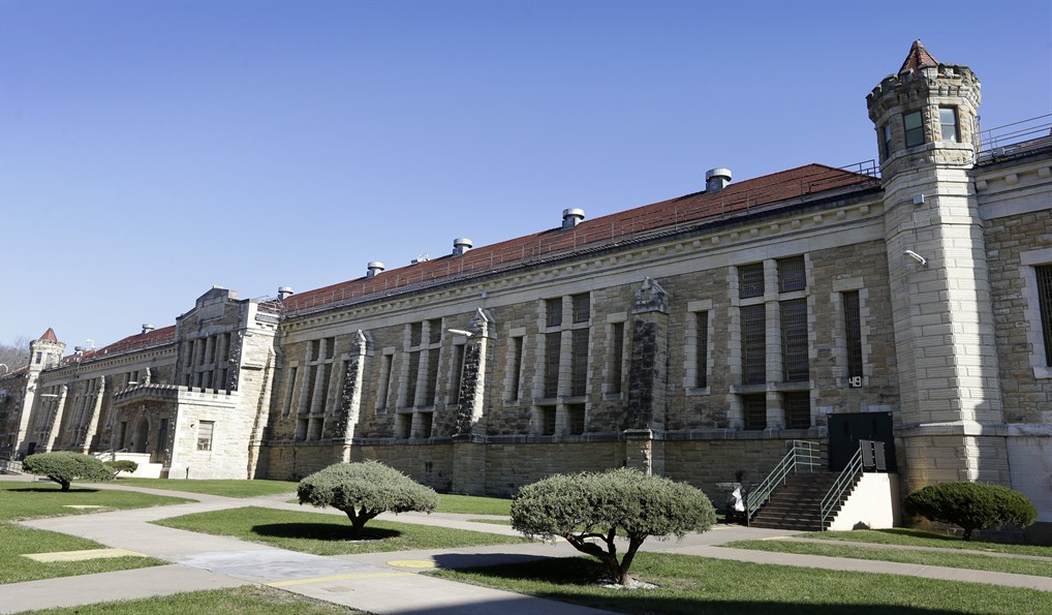The Renaissance Man is about to be bounced by Robot Man as the emblematic hero of our era. Data processing machines, computers and smartphones have become the primary means of communication, and the next generation of "educated persons" is likely to be as narrowly focused as flat-earthers before Galileo.
This isn't an exaggeration. The brave new world of high-tech is thrilling in its ability to expand information and enhance our lives, but those responsible for extending arts and letters as the needed complement to science are nevertheless committing academic malpractice.
The causes are many.
The universities are bloated with administrators at the expense of professors, process people whose emphasis is more on expanding perks within the system -- luxury dorms, accessible gyms, great athletic teams -- than on focusing on what the professors should teach. The University of Michigan, for example, has 53 percent more full-time "administrators and professionals" (9,652) than full-time professors (6,305). The Chronicle of Education reports that this is an accelerating trend. We read it and can only weep.
Even when the focus is on what universities are supposed to do, which is to teach, the emphasis goes askew. A prestigious university system, such as the University of California, suffers a divided mentality typical of the elite schools.
There are two Universities of California, one centered on the sciences, still measured by meritocratic standards, and the other takes the humanity out of the humanities, putting a value on victimhood, lowering critical standards for evaluating literary quality. "Sitting atop an entire civilization of aesthetic wonders," writes Heather MacDonald in The Wall Street Journal, "the contemporary academic wants only to study oppression, preferably his or her own, defined reductively according to gonads and melanin."
Recommended
This academic emphasis on diversity and sexuality has coincided with diminished exposure to the humanities, what Matthew Arnold in the 19th century described as "the best that has been thought and known in the world." He thought that the great works of literature provided a common pathway for equalizing the classes. In America, the humanities aimed to deepen appreciation of the heritage of Western civilization, to build on the intellectual bonds of the Founding Fathers. Democratic idealism surged with a respect for the wisdom of the past.
The humanities have clearly fallen from grace. Undergraduate students at UCLA, for example, no longer read Greek, Roman or European literature, but choose courses in Chicana Feminism, Queer Literature or Women and Gender in the Caribbean. English majors are no longer required to read Chaucer, Shakespeare or Milton, dead white guys all, but choose from penetrating studies in gender, sexuality, disability and ethnicity.
Shakespeare's birth, alas, was ill-timed, coinciding as it did with the expansion of the British Empire (bad). Milton's anti-royalist sympathies inspired Thomas Jefferson's republicanism, but most of the works of the Bard and Milton go unread today. We don't burn books, we bury them, preferring to dogpaddle deep in the shallows of ideological victimhood.
The 21st century, with its new modes of electronic communication, is frequently compared to the 15th century, when Gutenberg and his movable type and printing press democratized information for a new reading public. All those manuscripts, painstakingly copied by monks working in cold, dark and dank monasteries, could suddenly be swiftly multiplied. Ancient culture was revived and energized a Renaissance in writing, painting, sculpture and thinking. Man returned to the center of the universe in the town square and cathedral. He was far from perfect, but he could create unbounded aesthetic pleasures testifying to his importance in art, literature and life.
Renaissance Man eventually shrank as the universities got bigger. In 1987, Allan Bloom, in his "The Closing of the American Mind," observed that professors who taught the humanities no longer elevated young minds. Pseudo-philosophy and relativism supplanted thought and the relentless pursuit of truth.
Now David Gelernter, a professor of computer science at Yale, extends the argument, and worries about "the closing of the scientific mind." He's concerned that certain contemporary scientists in the academy revel in the idea that machine intelligence will soon dominate human intelligence. These scientists take pleasure in the idea that science can soon insert chips in bodies and brains to fine-tune behavior and genetic resources.
"The mainstream view of mind nowadays among philosophers and many scientists," he writes in Commentary magazine, "is inspired by the idea that minds are to brains as software is to computers."
This is modern man reborn as robot, the logical conclusion of functionalist thinking, which belittles man to enthrone machines and science. His gloom coincides with knocking the humanities out of the classroom.
What fools these mortals be! (Who said that?)

























Join the conversation as a VIP Member